Fences are in many ways all talk and no bite. They mark boundaries but they cannot protect boundaries. 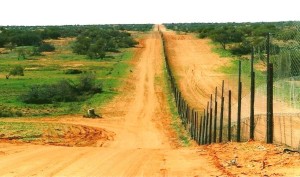
Such was the case recently when days of downpour flooded our land. The waters rose dangerously but we watched from the safety of our house on a hill. And when the waters receded, we sighed sadly to see the mess once again.
This had happened before. It will probably happen again. A few dozen acres away, a family has been storing, instead of disposing, of their farm’s trash which they pile up in some hidden ravine. They told us they would clean it up…and I think it was sincerely on the list. But mess is, well, messy. And a new flood revealed an old problem…once again.
Upstream. We did not make the mess. We did not ask for the mess. But floodwaters do not ask permission: whatever is upstream comes downstream…eventually.
This month, our focus is redefining strength. From the beginning I want to frame this conversation generationally. Because as much as we would like to think that our mess is only our mess—that the trash we have chosen to keep instead of remove will “only affect us”—we err: our trash will affect the next generation.
Like you, I have seen this manifest in profound ways: sons struggling with their father’s sins even when it was kept out of sight; daughters struggling to navigate the chaos revealed by their mother’s death.
Upstream affects downstream as a law of life.
Thanks be to God: Jesus intervenes, He saves, He delivers, He cleanses our consciences…and He calls us to deal with our trash.
Strength is not about keeping the visible edges clean.
Strength is not about surviving without a public fiasco.
Strength is about living in such a way that future generations rise to bless us: not because we were perfect, but because we loved enough to see the trash, humbled ourselves to get help with the trash, gladly received forgiveness for the trash, and did the hard work of addressing it while we had breath for the sake of our souls and the next generation.
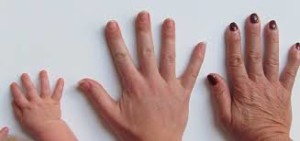
For further study: Read Hebrews 12:1-17. We often think of how Esau’s choice to place appetites above inheritance affected him. Consider how Esau’s choice affected his descendants.

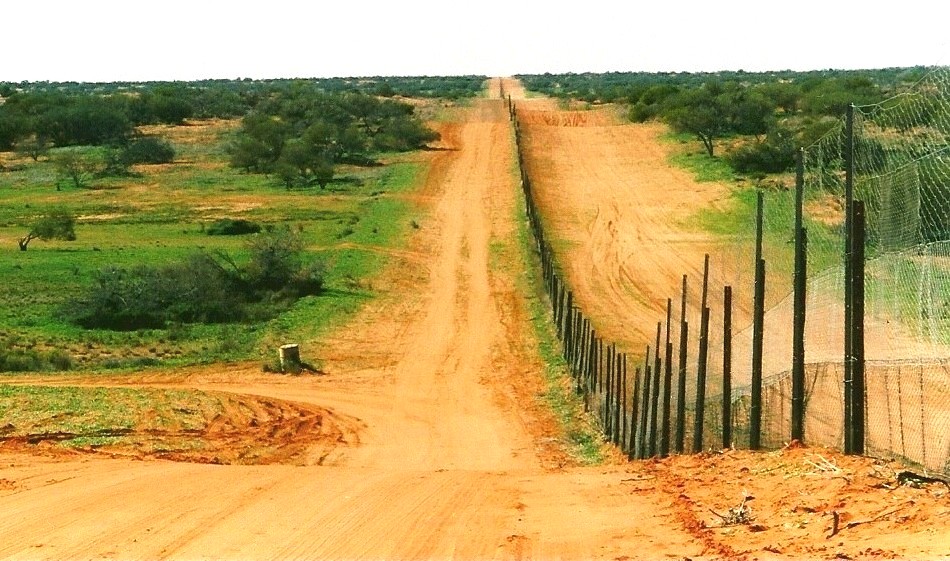
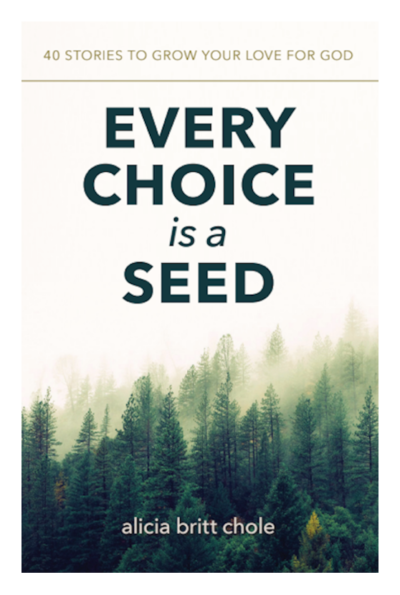
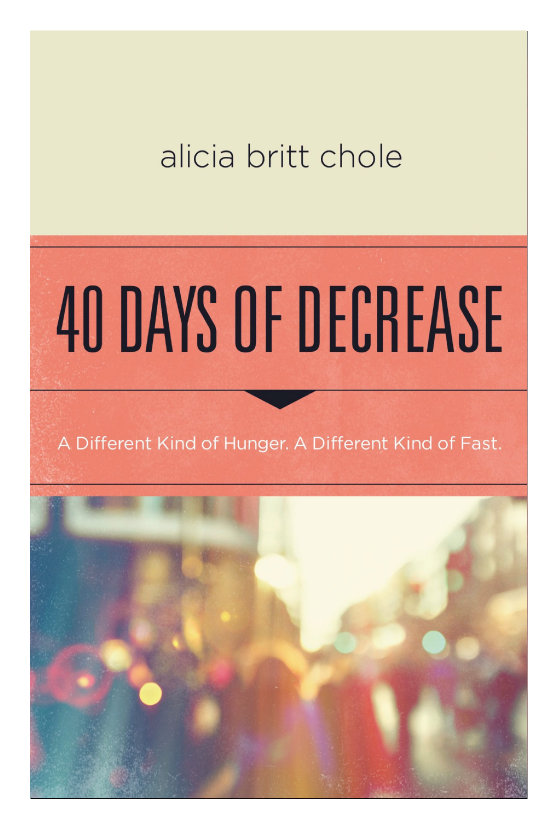

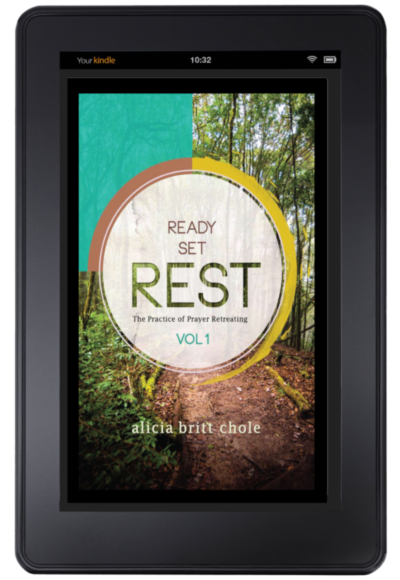
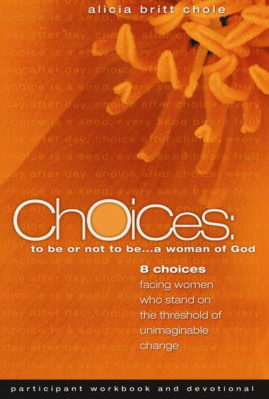
What an awesome visual analogy. Thank you for the gift of observing spiritual truth in the ordinary everyday. What a lasting lesson; to perceive beyond what we can see. You continue to pour out, bless you. I’m no stranger to the mess, the offal of the sloppy years. When you are the generation to say, “Wait, isn’t there another way? If it’s real, isn’t my faith supposed to change who I am?” The critical conscious is a familiar enemy. But moment by moment, relying upon the Almighty who said “Let there be light,” we can learn to leave darkness behind and walk in His radiance. Love to all your readers.
Such beautiful thoughts, Sheri. I especially loved: “we can learn to leave darkness behind and walk in His radiance.” Let it be, Lord, let it be.
Such truth and what a powerful visual of the spiritual. The unseen is eternal, and, out of the heart flow the issues of life! Thank you, Alicia!
Thank you, Kelly, for your comments and encouragement!
Awesome comparison. So visual and impacting.
The image was strong for me too, Karla. In fact we just had another flood yesterday and all the stuff from upstream passed through our property onto some unsuspected soul further downstream from us… It’s a strong call to attend to all that is in our present to make the stream cleaner and clearer for those that follow.
Fences! Somehow the idea of boundary markers is important but subject to flooding, erosion and mess! Redefining strength- may my children see strength in me seeking Jesus and not in me. May I feel comfortable sharing my inadequacies and need for His strength so they will be a generation that seek Him. His strength is made perfect in our weakness.
Such a beautiful prayer for your family! Yes, I too want my children to have consistent memories of Mommy saying, “I made a mistake,” “I was wrong. Please forgive me” and “I need help.” May our examples give them a good dose of grace before the world’s unrealistic expectations weigh down upon them.
Wonderful. I can leave a comment because the ‘post comment’ box is back! There is much truth in this post. Upstream does affect downstream….that which flows down is our legacy. Each of us is creating one, and the outcome is up to us. I love the thought of creating such a godly legacy that future generations rise to bless me. Lovely post.
Yes! I’ve so missed your thoughts, Leah! Thank you for alerting us to the comments being down so long ago. Bizarre backend code glitch…thanks for returning.
Love these insights. As always – wisdom and truth beautifully expressed.
Thank you, Linda!
Testing … testing … checking to see if super-wonder-technology-woman fixed the glitch! Powerful words, Alicia. I shared the post with friends on facebook earlier today.
Thank you for sharing, Elaine! (And thank you for testing too.)
So true…much the think about here. Thank you for sharing!
Thank you, Nikki. Yes, every time it floods here…I keep thinking about the power of being present to what IS, however beautiful or not-so-beautiful it is. 🙂